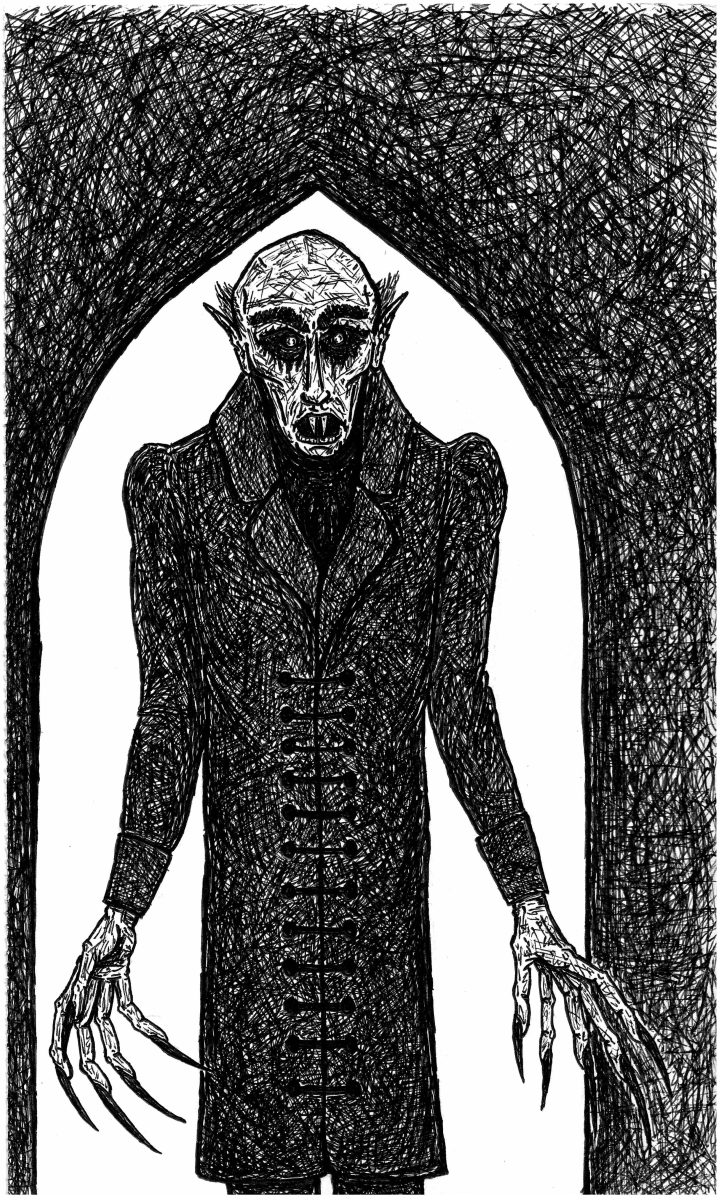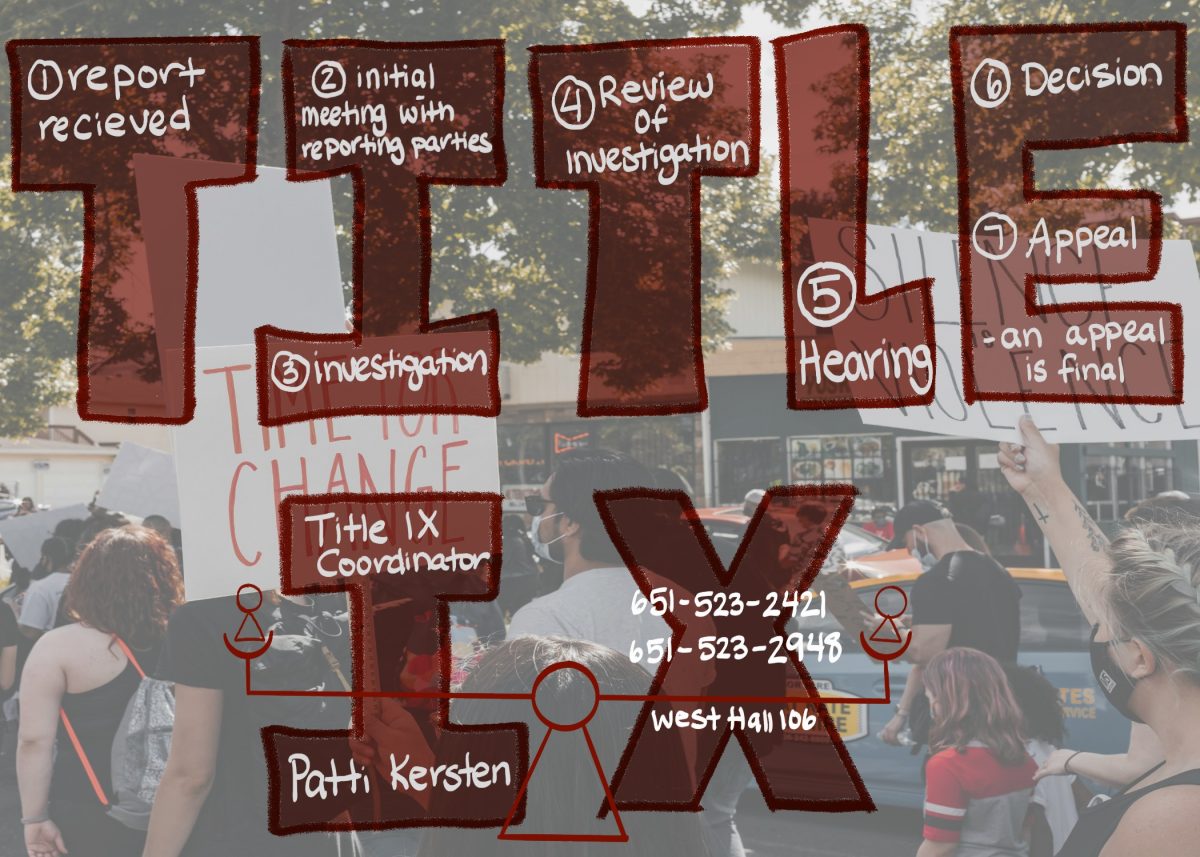Close your eyes for a moment and imagine a world without music. A world where there are no rhythmic beats to tap your feet to, no soul-stirring melodies to lift your spirits, and no harmonies to resonate with your deepest emotions. It’s a bleak prospect, isn’t it? Fortunately, such a world exists only in our imagination because, in reality, music fills every aspect of our lives. It enriches our experiences in ways we often take for granted. But what if I told you that music has transformative power beyond its capacity to entertain? It has the ability to heal both body and mind. Welcome to the symphony of wellness, where the healing notes of music harmonize with our physical and mental health. Music offers a melody of hope, resilience, and rejuvenation. It also connects people, but we already know that.
Music is a powerful tool that has numerous physical health benefits. When we listen to music, the vibrations produced by the sounds have a positive impact on our bodies, triggering physiological responses that promote physical well-being. Research has shown that listening to music can reduce blood pressure, heart rate, and cortisol levels – the hormone associated with stress. These effects can be observed regardless of the type of music being played. Whether it’s the calming melodies of classical compositions or the energetic beats of pop songs, music has the remarkable ability to induce relaxation and alleviate tension.
In addition to the benefits of listening to music, engaging in musical activities such as singing or playing instruments can foster coordination, dexterity, and motor skills. For individuals with chronic conditions such as Parkinson’s disease or stroke survivors, music therapy can be particularly beneficial in restoring movement and enhancing overall physical functioning. The rhythmic patterns in music can help stimulate the brain and improve cognitive functioning. Furthermore, music can provide a sense of social connectedness and emotional support, which are essential components of overall well-being.
The influence of music on our mental and emotional well-being goes far beyond its physical effects. Music has the power to connect with our deepest emotions, providing a channel for expression and catharsis. It can evoke feelings of happiness, sadness, nostalgia, or excitement. Music creates a soundtrack for our innermost thoughts and feelings, whether we’re navigating the depths of sorrow or basking in moments of joy.
Music therapy has emerged as a powerful adjunctive treatment for various mental health conditions like depression, anxiety, and PTSD. Music therapists use personalized playlists or improvisational sessions to help individuals process their emotions, develop coping skills, and cultivate resilience. The rhythmic structure of music provides a sense of predictability and order in times of chaos, offering solace amidst life’s uncertainties. For example, a person with anxiety may benefit from music therapy by using the music to regulate their breathing and calm their mind.
Moreover, music fosters social connection and community cohesion, which are vital components of mental well-being. Music brings people together through shared experiences and collective harmony. Whether it’s attending concerts, joining choirs, or simply sharing playlists with friends, music promotes social interaction and a sense of belonging. Listening to music with others can enhance empathy, increase communication, and strengthen relationships.
In a world often fragmented by division and discord, music has the power to bring us together. It transcends cultural, social, and linguistic barriers, offering a universal language that unites us all. Music has the potential to improve our mental health and well-being, and it can also be a tool for building stronger communities and a more cohesive society.
Music therapy has been a topic of interest to me for a long time, and it’s becoming increasingly important in today’s world. We are currently facing unprecedented challenges to our physical and mental health, and music has the potential to play a significant role in addressing some of these issues.
Studies have shown that music can help reduce stress and anxiety, promote relaxation, and improve mood. It has also been found to aid in physical rehabilitation by increasing mobility and coordination and reducing the perception of pain.
In addition to these benefits, music therapy can also foster emotional resilience. It can help individuals express their emotions and provide a safe space for them to process their feelings. This is especially important in today’s world, where we are dealing with a lot of uncertainty and change.
As we work to create healthier and more vibrant communities, integrating music into mainstream healthcare practices is not just a luxury, but a necessity. We need to recognize the transformative potential of music to heal and uplift us all and embrace it as a prescription for holistic well-being. Whether it’s through listening to music, playing an instrument, or singing, we can all benefit from the healing power of music.
Story continues below advertisement












